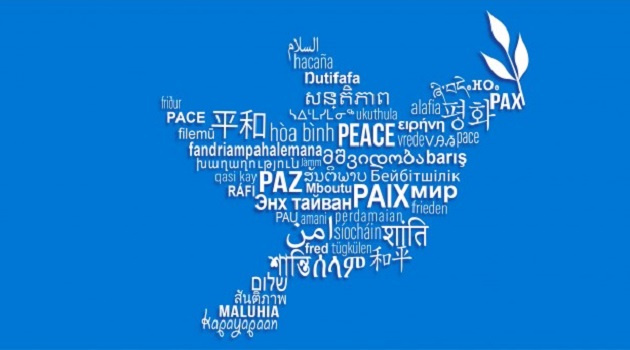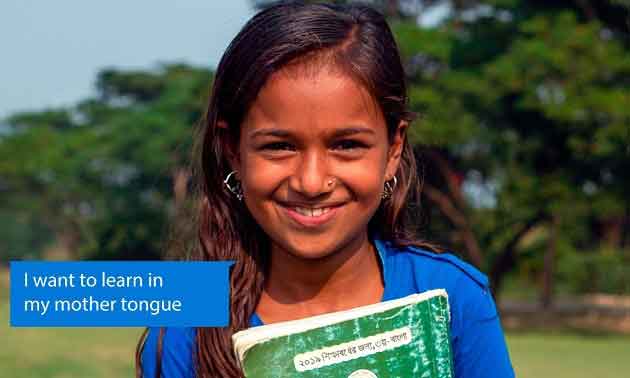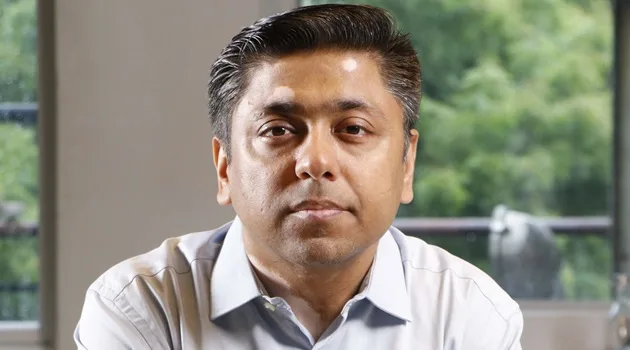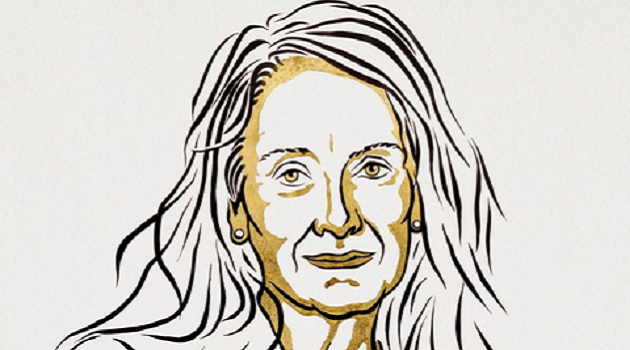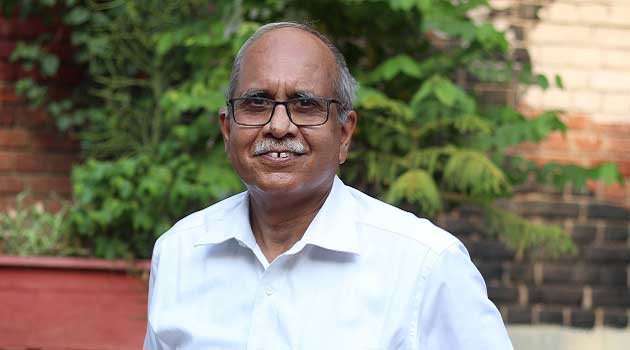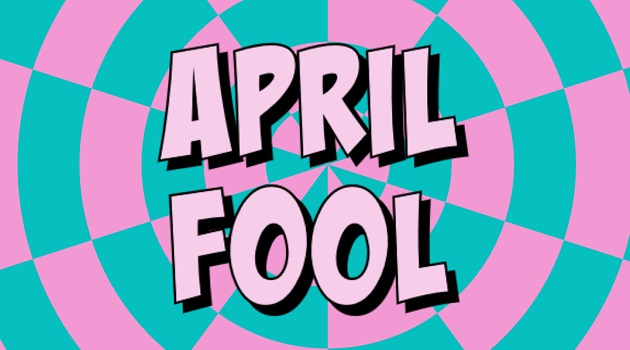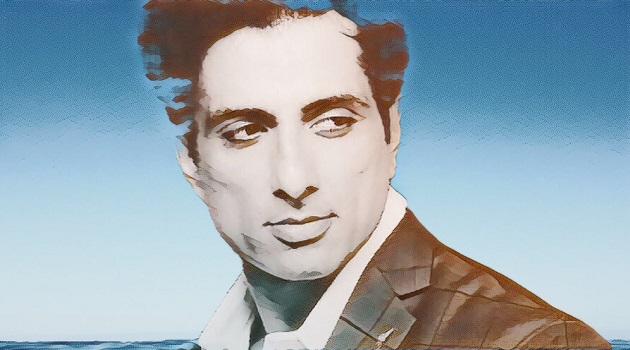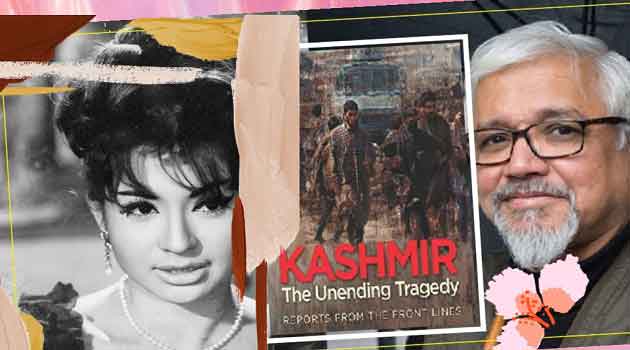“If God had so wished, he could have made all the Indians speak one language, the unity of India has been and shall always be a unity in diversity.” – Rabindranath Tagore
In a speech at the United Nations, India’s then Defence Minister V. K. Menon was corrected on his English pronunciation by a British delegate. Mr. Menon’s reply to him was, “I will not have you give me tips on English. I learned it, didn’t pick it up like you.”
Standing in a queue outside an ATM during the time of demonetization I had a similar experience. While having a casual conversation, a fellow Kashmiri told me that I speak English with a Kashmiri accent.
At the time I did not know if I should be offended or try to change the way I speak. With time, I have realized that if my identity is reflected through the way I speak, I am glad about it.
Many of us must have come across situations where we are told, “You speak with an accent.”
Why not?
India is a place of great linguistic diversity. According to the People’s Linguistic Survey of India (2010-12), there are 780 languages in India. More than 15 languages are spoken in the state of Nagaland alone.
There is a popular Hindi proverb that depicts the linguistic diversity of India, “Kos kos par badle pani, Char kos par badle vani.” (Water changes every mile and language changes every four miles.)
It is pertinent that with such a multiplicity of languages and cultures, each individual will speak with their own local character and style.
Mother Language and Culture
Mother language is an important aspect of every culture. It is a repository of the tradition and rituals of a place. It is the foundation of an individual’s connections with family, friends, and society.
It is a way to keep our culture alive as recognition and propagation of the mother tongue can enrich the literature of a culture. People do not only describe the world through language but also understand themselves by it.
Linguistic diversity is increasingly threatened as more and more languages disappear. Globally 40 per cent of the population does not have access to an education in a language they speak or understand.
Language carries culture within itself and is inseparable from ourselves as a community that has a specific history and a specific form and character.
Nowadays a significant portion of our population does not speak in its mother tongue due to various factors. Education is mainly imparted in English and a lack of English-speaking skills hampers the goals of many people.
Essence of local languages in English
A section of post-colonial thinkers suggests a complete return to the use of native languages. The idea is to reclaim the indigenous languages that have been overshadowed by the use of the English language.
Another section believes that while we cannot use the English language for indigenous themes, we have to remake it for our own purposes. It’s not necessary we use the language simply as the British did, we can modify it to suit our culture.
This takes us back to the question of accent. Standard English is replaced by a local variant that is not inferior to it. Indian languages have their own flavour and it is absorbed in the usage of English.
This International Mother Language Day, we should aspire to be more exclusive in terms of language use, rather than allow a single language to strictly govern our lives.
South-African revolutionary and political leader Nelson Mandela has phrased this thought beautifully in these words,
“If you talk to a man in a language he understands, that goes to his head. If you talk to him in his language, that goes to his heart.”
